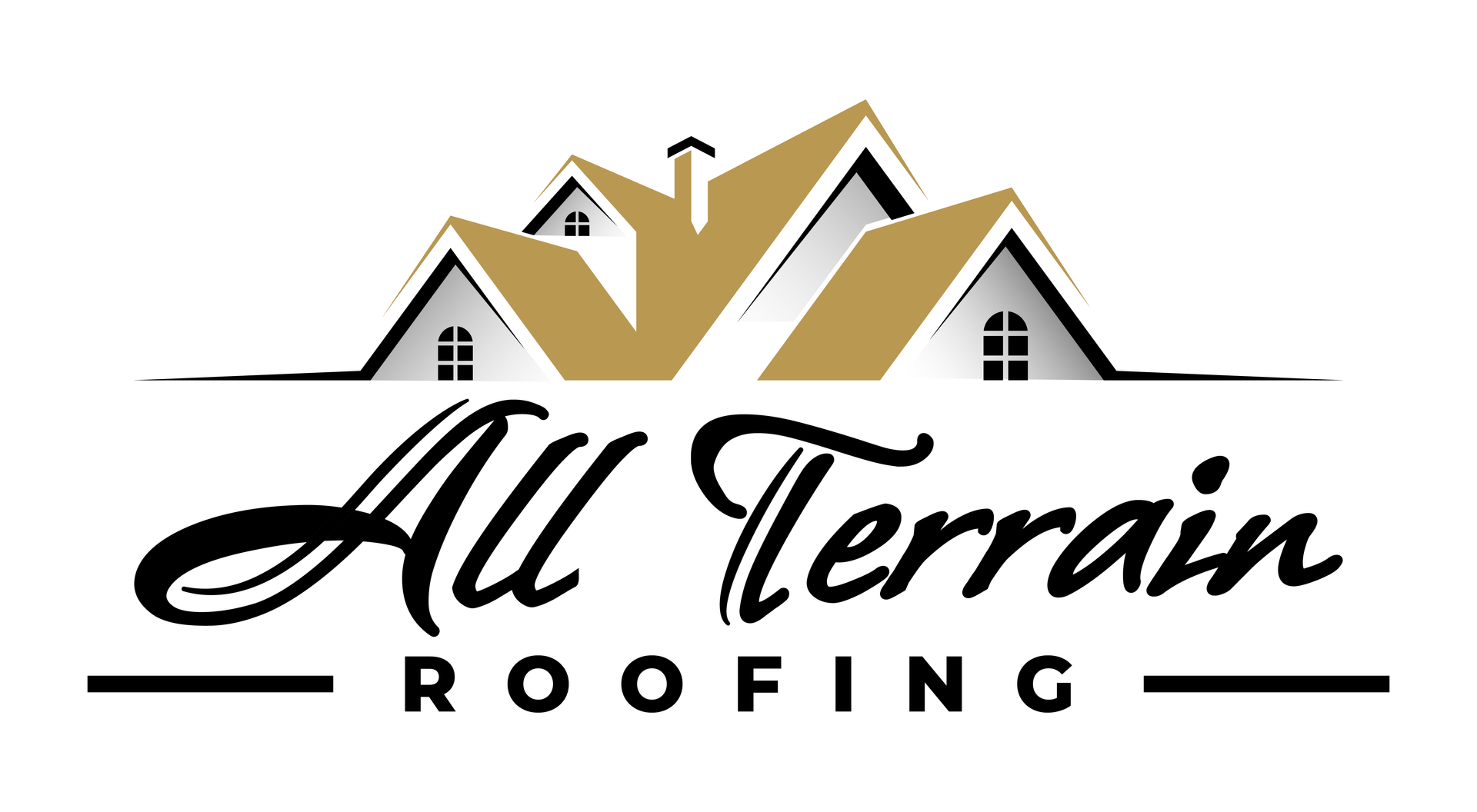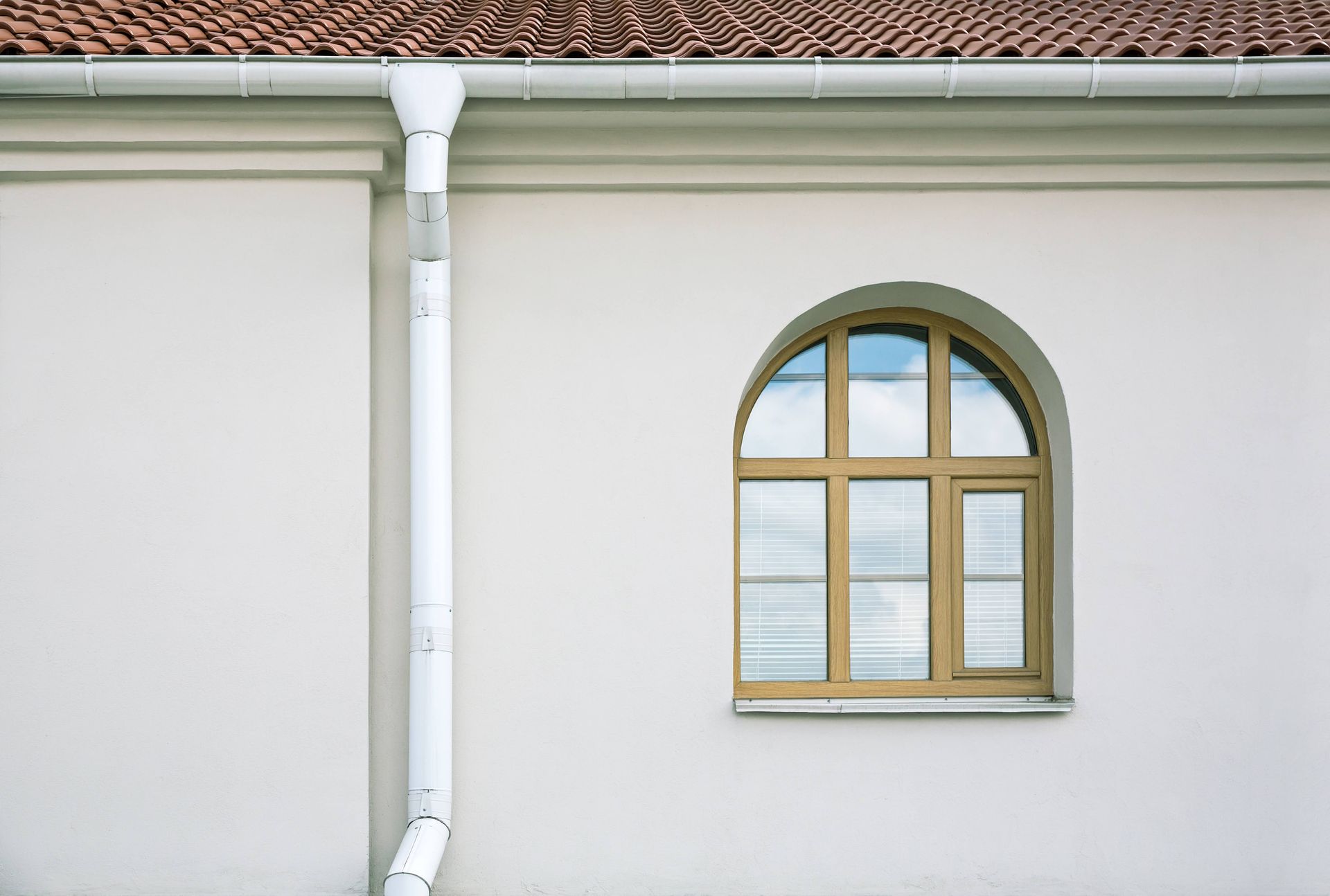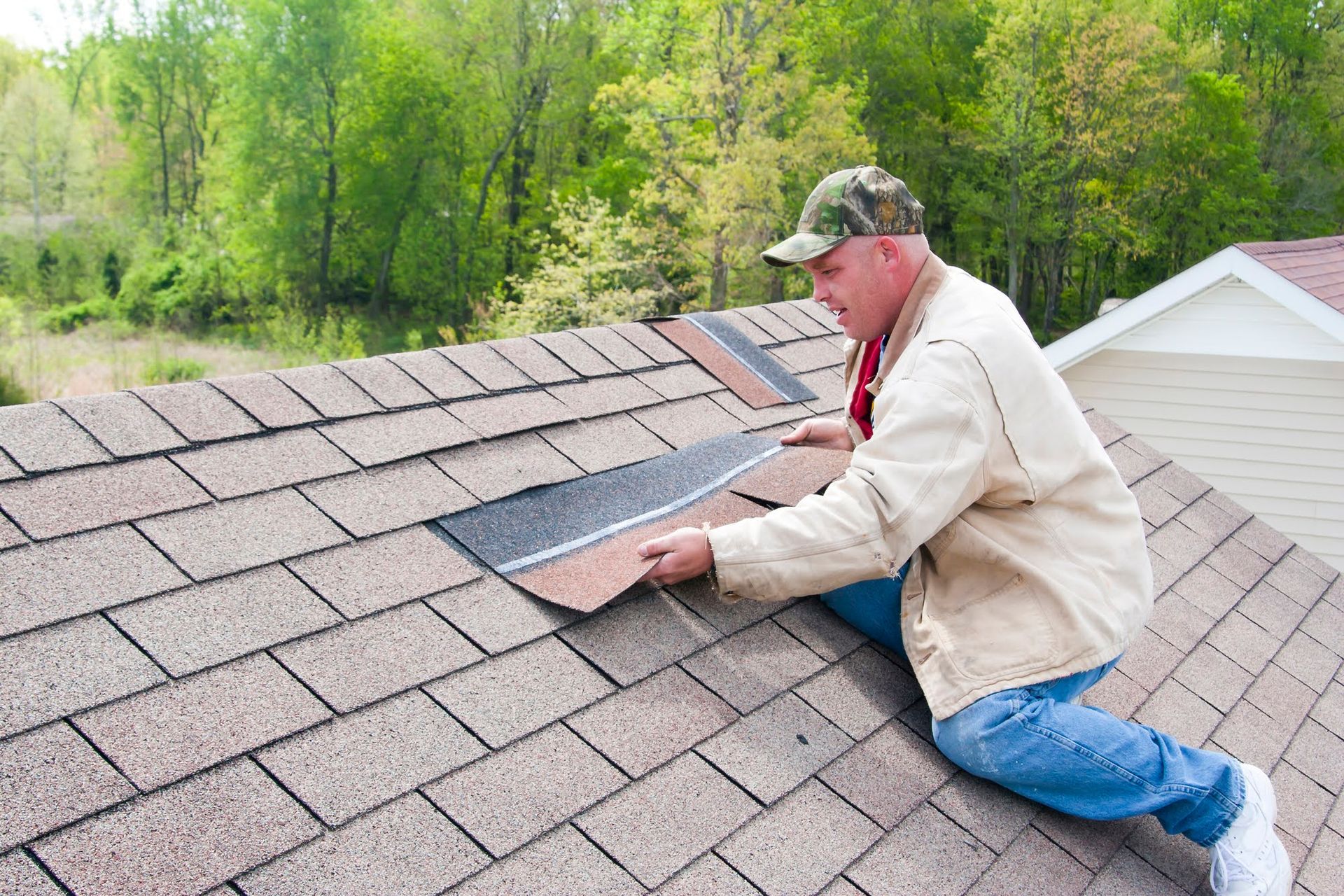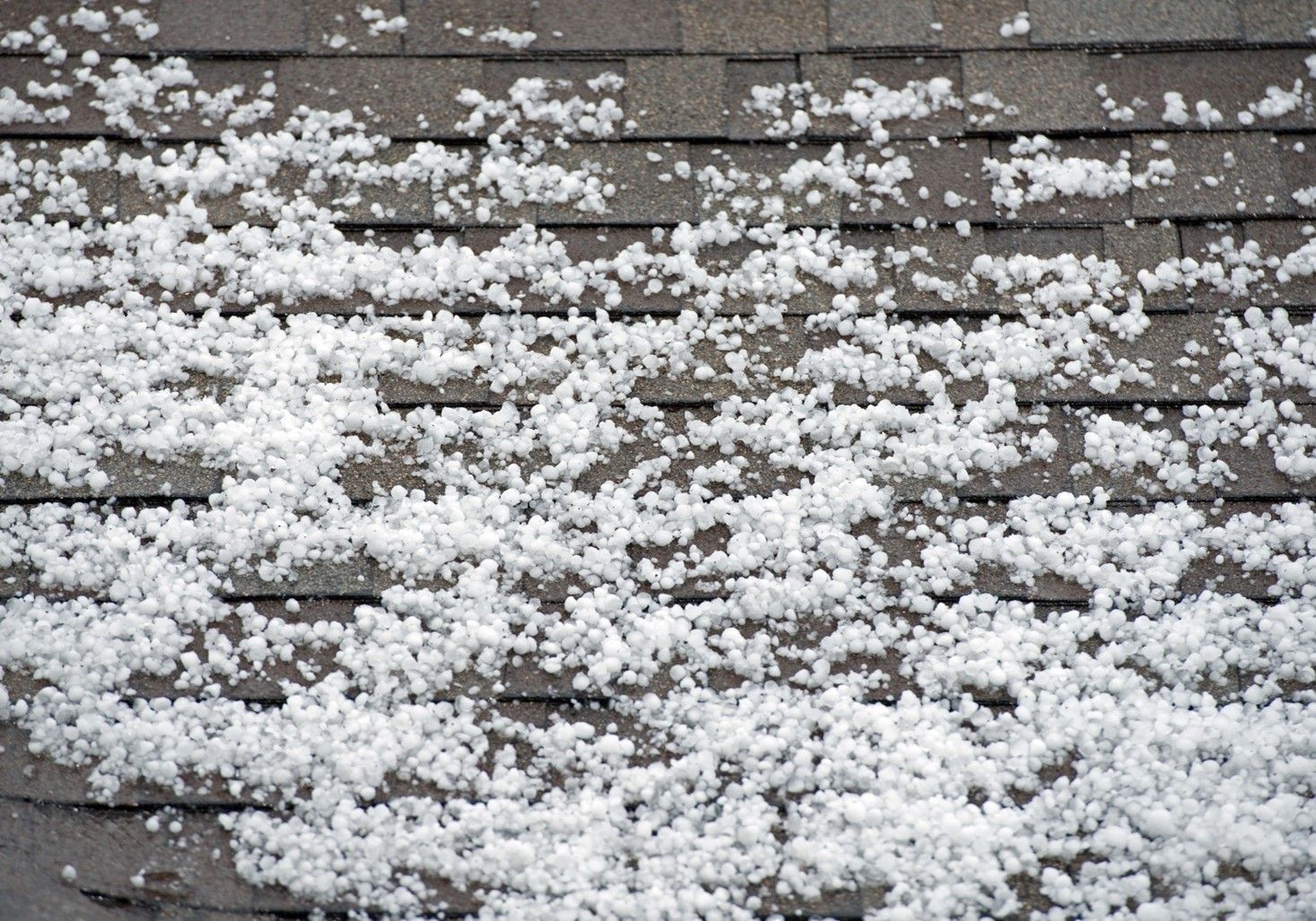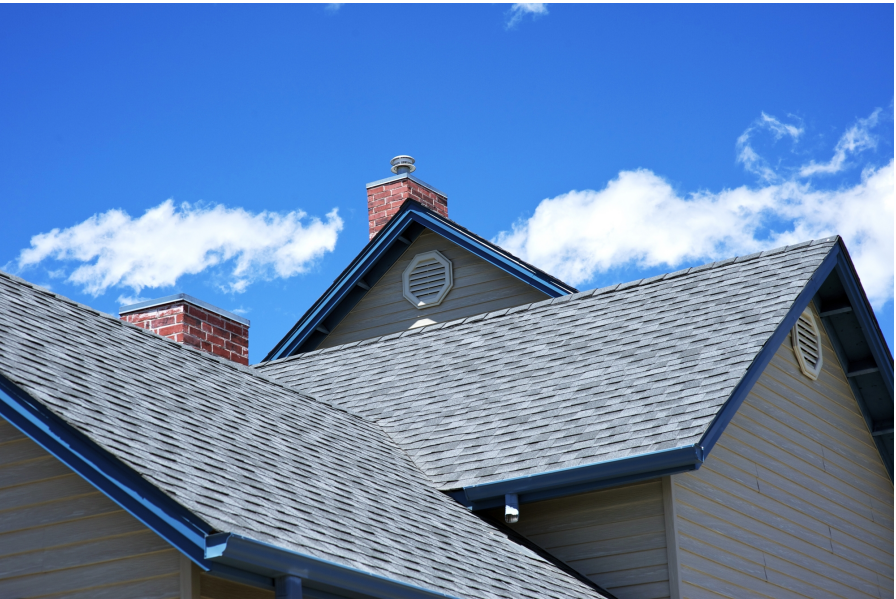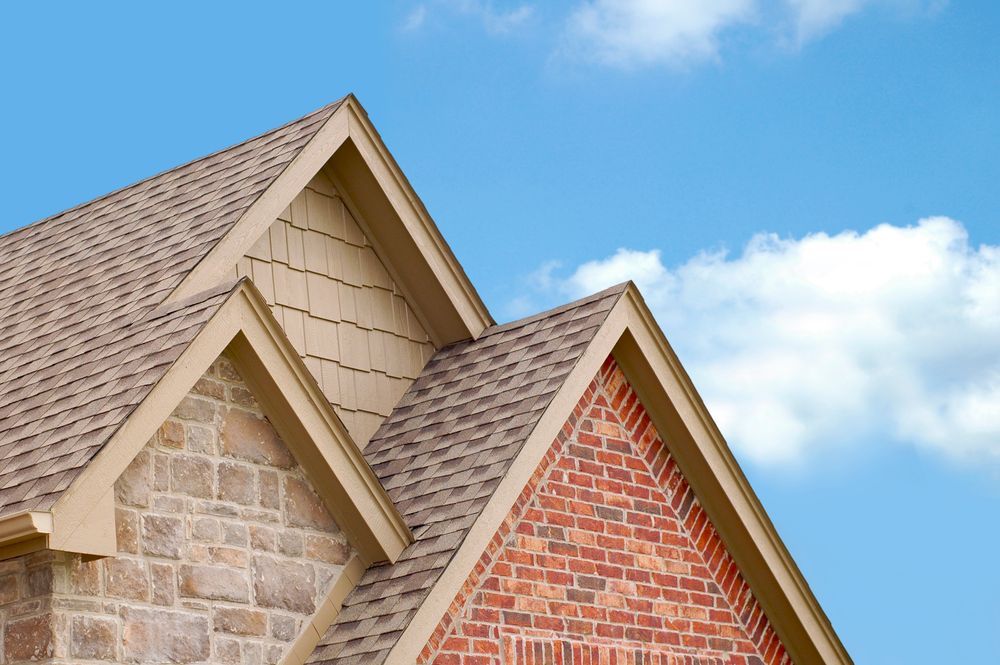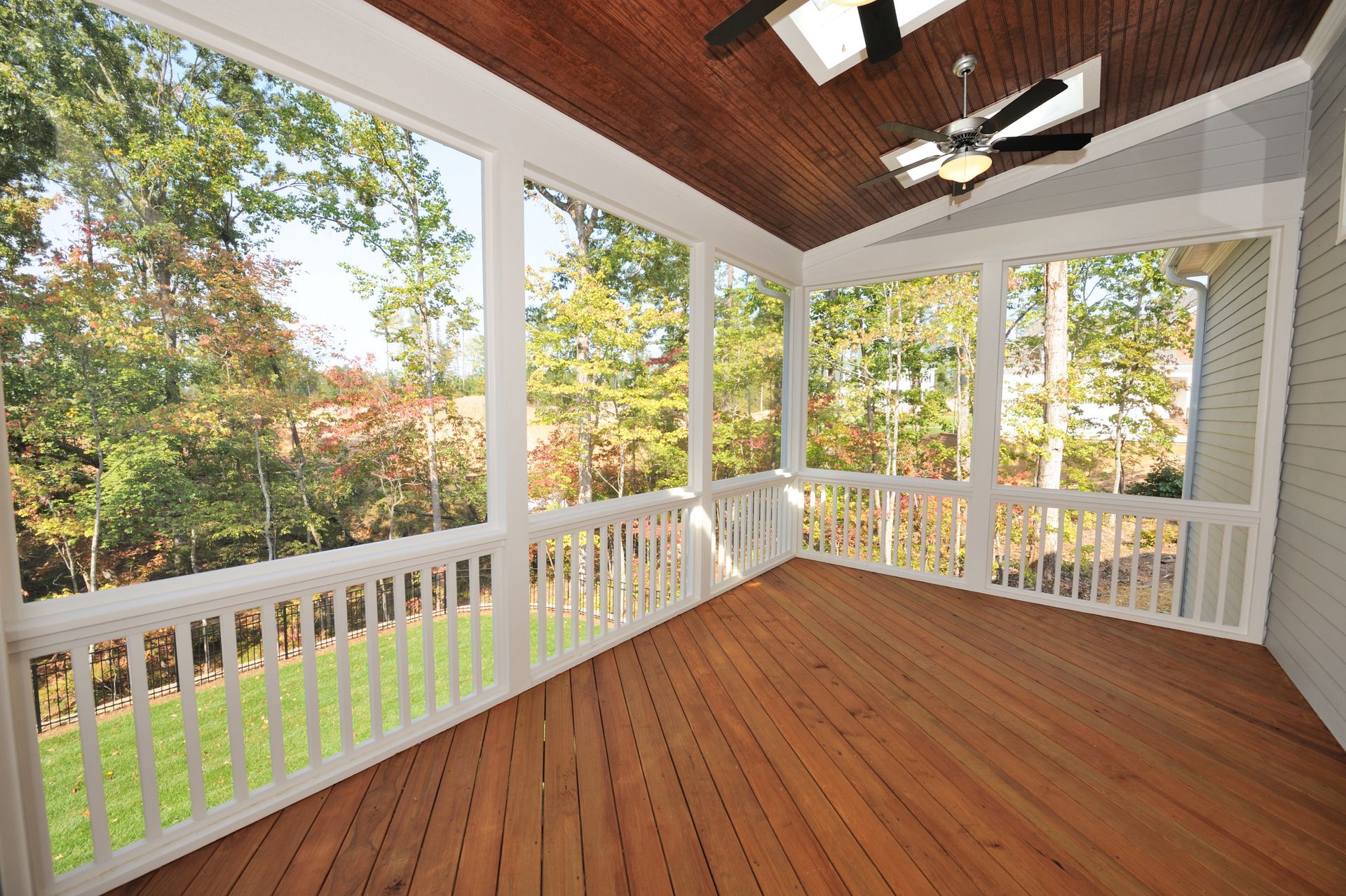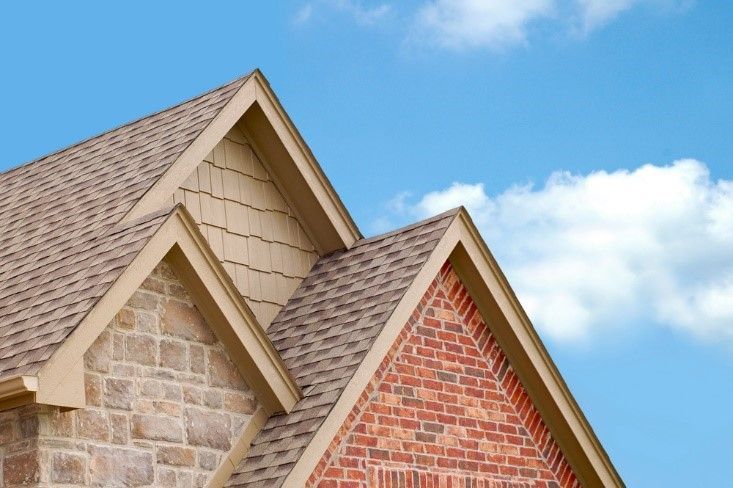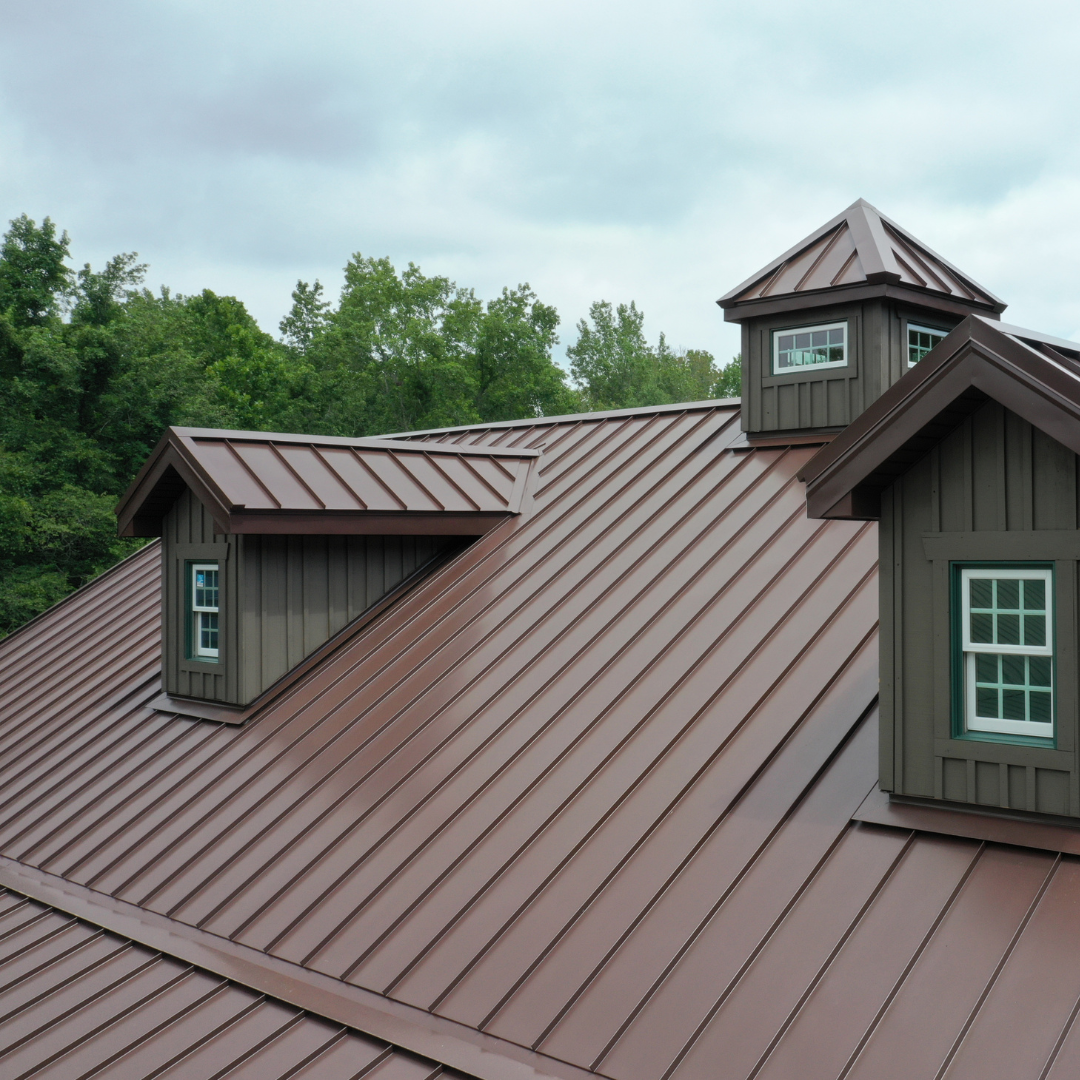Serving Spokane and the Surrounding Areas
Our newest location now serving Federal Way, Tacoma, Puyallup,
Lakewood, and University Place
Repair Or Replace Your Roof: Making The Best Investment
When it comes to maintaining your home, one of the most important aspects to consider is the condition of your roof. A roof that is taken care of not only protects you and your family from the weather and outside factors but also adds value as well as curb appeal to your property over time. However, when faced with a damaged roof, the decision of whether to repair or replace it can be a tough one. As you read on, learn what goes into both options so you can decide which option is the better investment for you on a budget, regardless of the type of roof you have.
What Is The Extent Of The Roof Damage?
First and foremost, it's essential to assess the extent of damage to your roof before making a decision. If your roof has minor issues, such as missing shingles or small leaks, repairs may be all that is needed. On the other hand, if your roof is old, has extensive damage, or has multiple issues, replacing it may be the more cost-effective option in the long run. Consider getting a professional inspection to get a clear understanding of the condition of your roof before making any decisions.
How Old Is Your Roof?
The age of your current roof is a major factor in deciding between replacement or repair since an older roof would most likely benefit from being replaced (depending on what it's made of). Most roofs are designed to last several decades, depending on the material used. For example, metal roofs outlast asphalt-shingled roofs by many decades. If your roof is nearing the end of its lifespan and requires frequent repairs, investing in a replacement may save you money in the long term. Newer roofing materials are more durable and energy-efficient, which can help reduce maintenance costs and energy bills over time.
What Would Either Option Cost?
This is a question for your professional roofing company; overall cost implications of repairing versus replacing your roof vary greatly so a cost comparison is ideal in figuring this out. While repairs may seem like a cheaper option upfront, they can add up quickly if you need frequent repairs or if major issues arise down the line. On the other hand, investing in a new roof may require a larger upfront cost but can save you money on repairs and maintenance in the future. Take into account your budget and long-term financial goals when making this decision regarding your roof.
How Long Will You Remain In Your Home?
Think about how long you plan on staying in your current home when deciding whether to repair or replace your roof since you may as well enjoy your investment for as long as you intend to be in the residence. If you plan on moving within a few years, repairing minor issues may be sufficient to maintain curb appeal and home value and pass inspections so you can sell your home quickly. However, if you plan on staying in your home for an extended period, investing in a new roof is a better investment and you'll know that you won't have to worry about costly repairs in the near future.
Whether to repair or replace your roof ultimately depends on various factors, including the extent of damage, the age of your current roof, cost implications, and the length of time you plan on staying in your home. Both options have their pros and cons, but investing in a new roof may be a better long-term investment for homeowners looking to save money on repairs and maintenance costs over time. Contact a professional roofer at All Terrain Roofing to get the answers you need. You'll get expert advice tailored to your specific situation before you have to make a roofing decision.
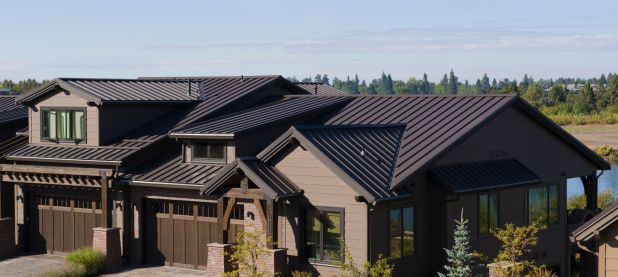
CONTACT INFORMATION
Licensed and insured.
Lic # ALLTETR835BL
Serving Eastern Washington - Spokane, Spokane Valley, Cheney, North to Colville & Pullman, Airway Heights – Nine Mile Falls – Deer Park – Mead – Liberty Lake
Serving Western Washington -
Federal Way -
Tacoma -
Puyallup -
University Place -
Lakewood
Serving North Idaho - Post Falls, Coeur d' Alene

